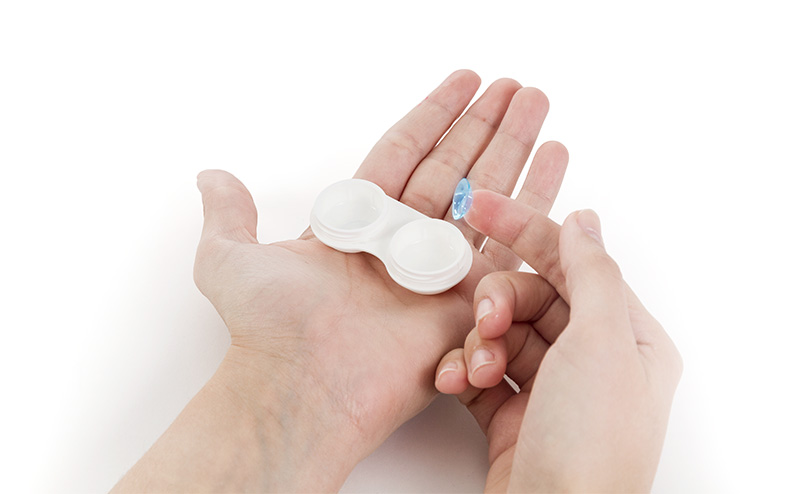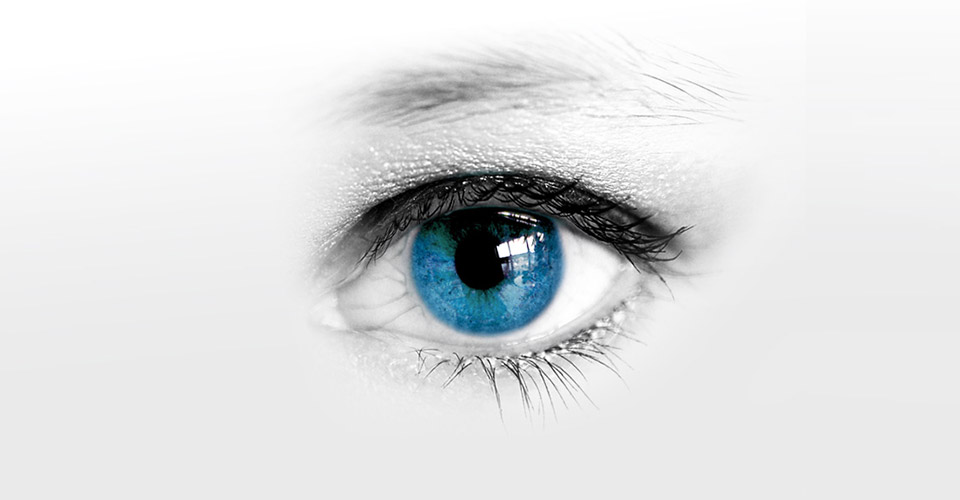
Avoid dry eyes
The eye reacts sensitively to excessively dry room air
An optimal, intact tear film has the task of protecting the surface of the eye from environmental influences. The particles present in the air can cause considerable itchiness or infections of the conjunctiva.Dry air leads to the increased evaporation of tear fluid. If the humidity is too low for a prolonged period of time, the tear film can thin out or even break down. Increasing irritation, stinging eyes, inflammations and even serious eye damage are the consequence.
Modern working practice also puts a strain on the eye
Intensive screen work in the office is tough on the eyes: Swollen eyelids, redness, foreign body sensation, stinging and high sensitivity to light are often the consequence. One of the causes is insufficient moistening of the surface of the eye with tear fluid. Eye specialists warn against underestimating the so-called "dry eye" as a harmless disorder: rather, it is a complex pathological condition that can lead to serious eye damage.Hours of staring at the screen also reduces the blinks of our eyelids. The tear film is not refreshed frequently enough.

Contact lenses
KContact lenses themselves have a certain water content. This is between 30 and 80 percent for most lenses. Air that is too dry removes moisture from the contact lens. In order to compensate for this loss of moisture, water is removed from the cornea, causing the eye to become increasingly irritated.If the air is sufficiently humid, less moisture is removed from the contact lens, putting less stress on the eye.

New study from Yale University shows the link between
dry indoor air and flu infections

